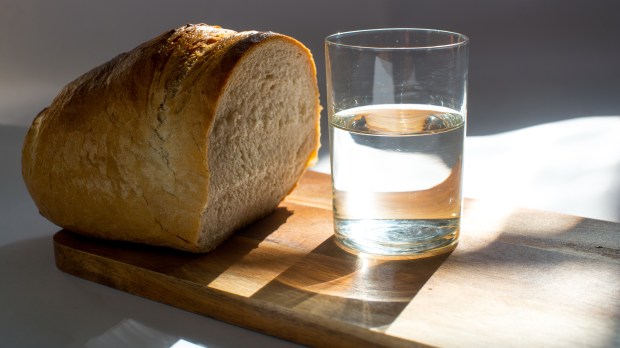Lenten Campaign 2025
This content is free of charge, as are all our articles.
Support us with a donation that is tax-deductible and enable us to continue to reach millions of readers.
Self-denial. The term itself can conjure images of stern, grim asceticism. Indeed, self-denial is often one of the most misunderstood concepts in most traditions. In Catholicism, far from being about punishment and suffering for the sake of suffering, asceticism is conceived as a liberating practice that allows believers to live a more fulfilling life – a life with purpose, away from unnecessary frivolities, and ultimately closer to God.
The Gospels are sprinkled with references to self-denial. In Matthew 16:24, Jesus famously says, “Whoever wishes to come after me must deny himself, take up his cross, and follow me.” This isn’t a call for misery; it’s a call to focus. Just as a sculptor removes excess marble to reveal a masterpiece, self-denial encourages us to shed what’s unnecessary, allowing our true selves to flourish.
St. Augustine echoes this sentiment. In his Rule, he writes: “As far as your health allows, keep your bodily appetites in check by fasting and abstinence from food and drink.” Here, self-denial isn’t about harming ourselves: It is about achieving a balance – “as far as,” “keep in check.” It’s about recognizing that true joy comes not from fleeting pleasures, but from a steady disposition of one’s character.
Think of it this way: Imagine that our hearts have a limited capacity for love. When they are cluttered with attachments to material possessions, worldly desires, or even self-centeredness, there’s less room for God’s love to fill them. Self-denial helps us declutter our hearts, letting go of what doesn’t truly matter and making space for a deeper relationship with ourselves, God, and our neighbor.
Clearly, self-denial does not mean living a life devoid of joy. It’s about living a “leaner” life, one where authentic happiness isn’t dependent on external circumstances. Indeed, self-denial just means refusing to do that which will ultimately diminish our capacity to love and do the right thing.
In that sense, the practice of self-denial becomes a journey of liberation. By letting go of attachments that weigh us down, we become free to focus on what truly matters: serving God, loving our neighbors, and living a life of purpose. It’s a practice that strengthens our resolve, hones our focus, and ultimately allows us to experience the fullness of life that God intends for us.



